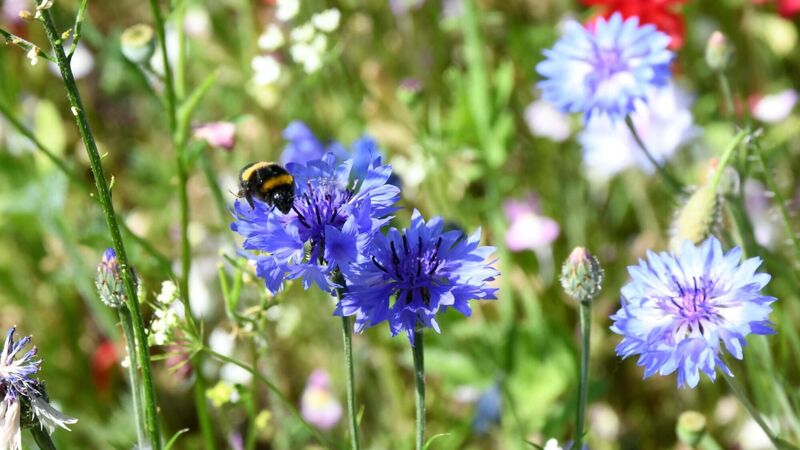Michael Moynihan: It's easier than you think to bee a better citizen

A bee among the beautiful flowers at the Regional Park, Ballincollig, Cork. Picture: Denis Minihane.
Try from €1.50 / week
SUBSCRIBE
A bee among the beautiful flowers at the Regional Park, Ballincollig, Cork. Picture: Denis Minihane.
One frequent question for your columnist: “It’s all very well telling us the city needs to change, but what can I, one person, do?”
Already a subscriber? Sign in
You have reached your article limit.
Annual €130 €80
Best value
Monthly €12€6 / month
Introductory offers for new customers. Annual billed once for first year. Renews at €130. Monthly initial discount (first 3 months) billed monthly, then €12 a month. Ts&Cs apply.
CONNECT WITH US TODAY
Be the first to know the latest news and updates
Newsletter
Sign up to the best reads of the week from irishexaminer.com selected just for you.

Select your favourite newsletters and get the best of Irish Examiner delivered to your inbox
Monday, February 9, 2026 - 6:00 AM
Monday, February 9, 2026 - 8:00 AM
Monday, February 9, 2026 - 9:00 AM
© Examiner Echo Group Limited